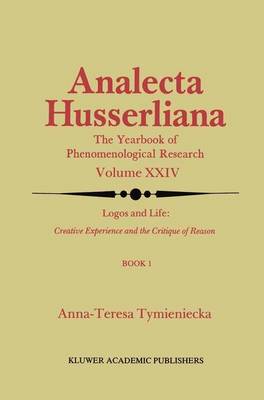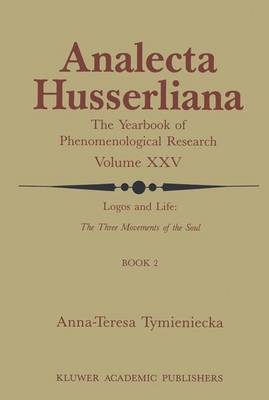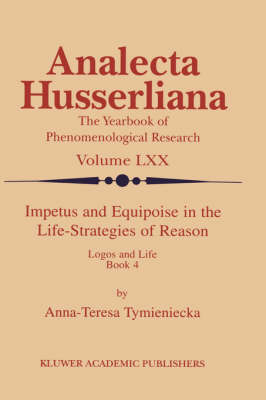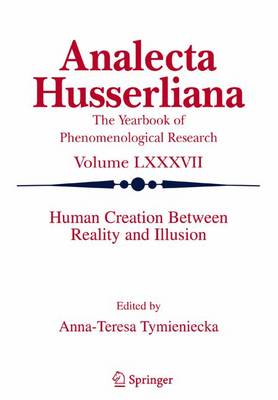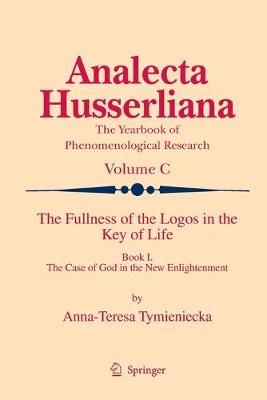Analecta Husserliana
5 primary works • 6 total works
Book 24
Logos and Life: Creative Experience and the Critique of Reason
by Anna-Teresa Tymieniecka
Book 25
Logos and Life: The Three Movements of the Soul
by Anna-Teresa Tymieniecka
Book 70
Impetus and Equipoise in the Life-Strategies of Reason
by Anna-Teresa Tymieniecka
In a schema covering the entire career of beingness-in-becoming between the infinities of origin and destiny, an historically unprecedented harmonizing all sectors of rationality is accomplished in a span of reflection comparable to Spinoza's Ethics.
The work draws on interdisciplinary investigations in both science and the arts. All of the history of Occidental philosophy finds summary in it, even as feelers, guidelines, leitmotifs are thrown out for its future development. A landmark of Occidental philosophy at the turn of the millennium.
Book 87
Identifying quickly illusion with deception, we tend to oppose it to the reality of life. However, investigating in this collection of essays illusion's functions in the Arts, which thrives upon illusion and yet maintains its existential roots and meaningfullness in the real, we might wonder about the nature of reality itself.
Does not illusion open the seeming confines of factual reality into horizons of imagination which transform it? Does it not, like art, belong essentially to the makeup of human reality?
Papers by: Lanfranco Aceti, John Baldacchino, Maria Avelina Cecilia Lafuente, Jo Ann Circosta, Madalina Diaconu, Jennifer Anna Gosetti-Ferencei, Brian Grassom, Marguerite Harris, Andrew E. Hershberger, James Carlton Hughes, Lawrence Kimmel, Jung In Kwon, Ruth Ronen, Scott A. Sherer, Joanne Snow-Smith, Max Statkiewicz, Patricia Trutty-Coohill, Daniel Unger, James Werner.
Book 111
Lamentations over the disarray and disorientation in the philosophical quest may be heard from all sides today. The horizon of the All no longer beacons, for our hope of attaining it seems ever to recede.
Yet, challenging the mistrust of reason that pursuit is precisely engaged in what is undertaken here. Our forty-year elaboration of the ontopoiesis/phenomenology of life as first philosophy/phenomenology in its unravelling of the metamorphic deployment of the logos of life has laid the foundations for the retrieval of the metaphysical vision.
Here the classic concerns of philosophy are not negligently dismissed but are ciphered afresh in the light of innumerable perspectives and insights brought to philosophical attention in a New Enlightenment by advances in the sciences of life and of human apprehension.
Strikingly enough pursuit of the greatest enigma of all, namely, that of the All enhancing Divine, is revived in the revelation that the logos informing life is the Fullness of God. In the Fullness being revealed in the infinite intricacies of the operations of the Logos of Life, we find the plenitude of God's experiencing man.
In times when the prevailing critique of reason casts aspersions on the quest for God through reason, the full revelation of the logos brings to the entire human experience the infinities of God.
